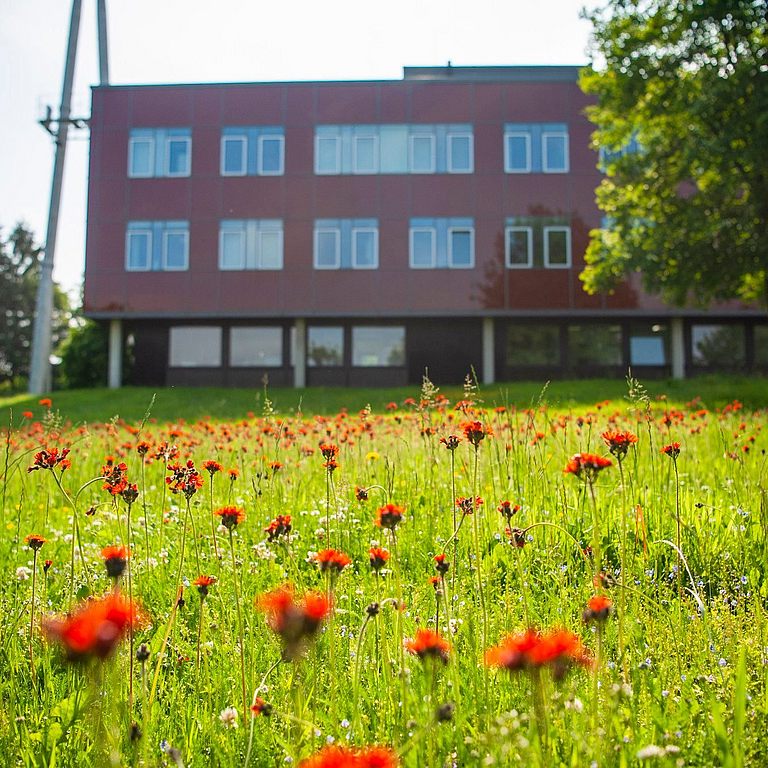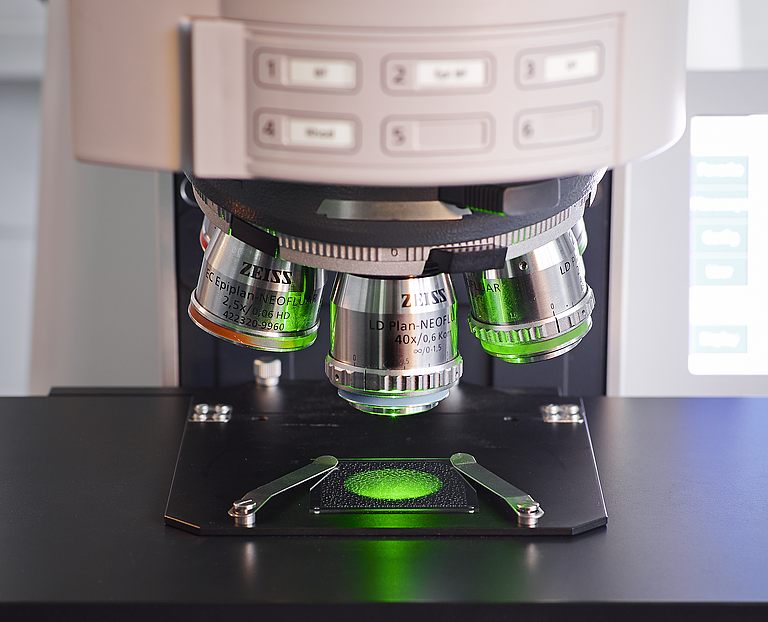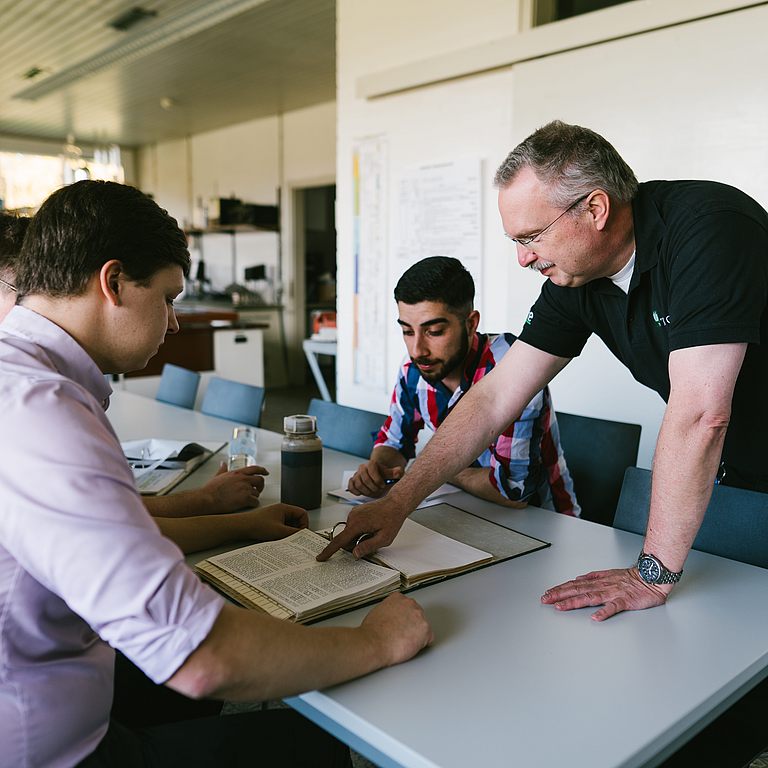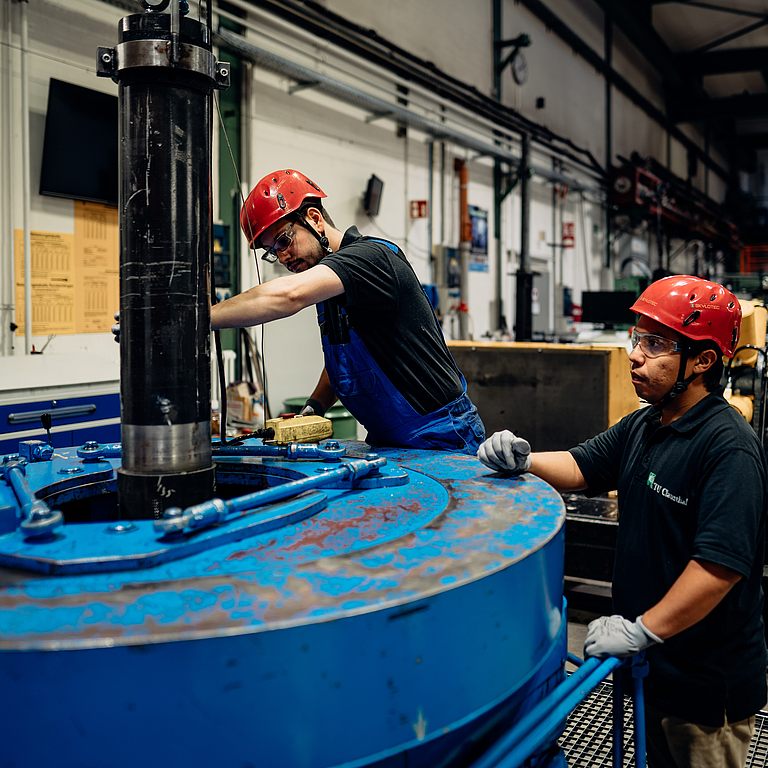Thermodynamic Modelling of Equilibrium Behaviour of Water in TEGWater- Natural Gas Systems
(Text nur in Englisch verfügbar)
Introduction
Tri-ethylene glycol (TEG) is used to remove water vapour from natural gas in glycol dehydration units. Modelling the equilibrium behaviour of water in TEG-water-natural gas system is necessary for process design and operation. Most thermodynamic models do not represent the actual equilibrium behaviour of the multicomponent system. Also laboratory results are limited since some experiments may not be carried out at relevant process conditions (high temperatures and pressures) because of limitations of the laboratory equipment. Also the difficulties of measuring very small concentrations of water in gas and in TEG limit the data obtained from the laboratory. Thermodynamic models are used to fill-up these gaps using the laboratory data for validation. Therefore, knowledge on equilibrium behaviour of TEG-water-natural gas systems is important. The equilibrium behaviour of wet gas entering the absorber in contact with the lean glycol is necessary to make good predictions of the water content of the dry gas, and thus the dew point depression necessary for the required sales gas specification. Also, the equilibrium behaviour of water in TEG-water system as obtainable in the glycol regenerator is vital to know the glycol concentration that could be used for the next operation.
Scope
Based on the above introduction, the proposed thesis should include the following:
- Overview of glycol dehydration processes
- Analyse existing laboratory data on equilibrium behaviour of water in TEG-water-natural gas systems.
- Identify the laboratory limits in generating data for equilibrium behaviour of water in TEG-water-natural gas systems.
- Highlight the deficiencies/gaps of existing thermodynamic models and introduce new parameter(s) and/or procedures that could close the gap.
- Validate the applied thermodynamic model with laboratory data. Also compare results with the existing models.
Literatur
- Kilpatrick P.K, Scriven L.E., Davis H.T. (1985). Thermodynamic Modelling of Quaternary Systems: Oil/Brine/ Surfactant/ Alcohol. Society of Petroleum Engineers Journal. Pg 330 - 342
- Kuan D.Y., Kilpatrick P.K., Sahimi M., Scriven L.E., and Davis H.T. (1986). Multicomponent CO2/Water/Hydrocarbon Phase Behavior modeling: A Comparative Study. SPE Journal of Reservoir Engineering. Pg 61 - 72
- Gironi, F., Maschietti, M. and Piemonte, V.(2010). 'Natural Gas Dehydration: A Triethylene Glycol-Water System Analysis', Energy Sources, Part A: Recovery, Utilization, and Environmental Effects, 32: 20, 1861-1868.



